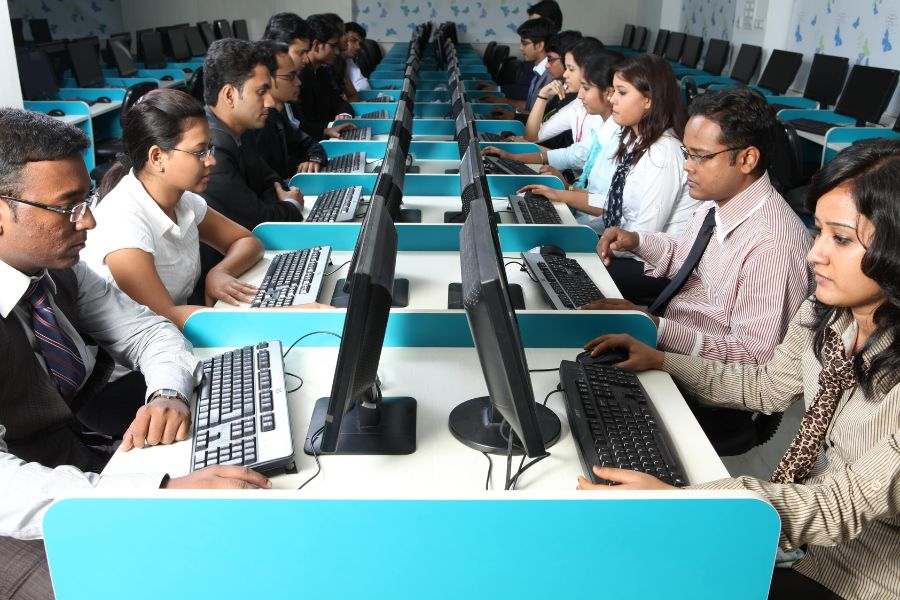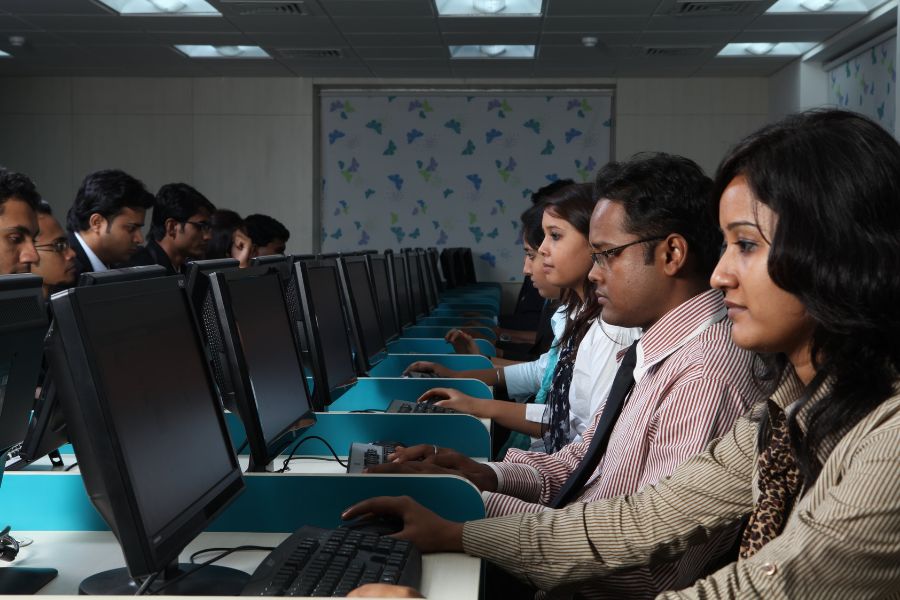Educators play a critical role in nurturing young minds and shaping their characters – architecting the future. Currently the education sector is riddled with many challenges – unequal access to education, low student-teacher ratio, lack of infrastructure, high cost to name a few. In this challenging environment, educators focus strays away from the student. Responsible use of AI can improve the situation.
Low student-teacher ratio limits teachers’ bandwidth to give personal attention to students. Most teachers spend significant time in non-teaching and non-academic work – this is an opportunity cost. Mundane repetitive tasks such as attendance, registration, time table scheduling, feedback collation, etc. can be delegated to AI. This will increase teachers’ bandwidth to give personal attention to students. AI’s role is not limited to operational efficiency, it can be used more strategically. We look at 3 I’s – inclusivity, ingenuity and integrity for responsible use of AI in education.

Sustainable development goal 4 (SDG4) aims to ensure inclusive and equitable quality education and promote lifelong learning opportunities for all. AI can be used to create learning material from recorded videos and transcripts of class proceedings. The AI-driven automation for generation of learning materials adds to the organisations’ assets. The learning materials can be made available for the learners outside the campus to increase inclusivity of education across all sections of the society.
AI tools can be used to impart experiential learning. Virtual reality and augmented reality can be used to give students a vivid feel of the Amazon rainforests without stepping outside the classroom, or visually explore the perplex world of 3D geometry. Gamified learning tools are poised for more engaging discourse with knowledge. These boost students’ interest and motivate them to seek more knowledge. This AI route helps inculcate ingenuity, and at the same time saves cost of travel and infrastructure.

Generative AI tools like ChatGPT have faced the wrath of educators and policy makers. Educators have been apprehensive about the negative effect of generative AI on originality and critical thinking of students. Employing generative AI to complete an assignment or a semester project defeats the purpose of learning. Educators need to be vigilant and employ other means to cross check students’ knowledge gain from the assignments and projects. This is imperative as teachers own the responsibility of shaping integrity of students’ character.
The responsible use of AI does not end here. There is a growing impression that AI knows all and can do all. Some people questioned the role of teachers in the AI world. The basic assumption is that AI can do all that a teacher can do and perhaps better. For example, consider virtual learning assistants. There are several virtual learning assistants in the market that make wonderful promises such as personalised learning plan, one-on-one tutoring, and more. AI is no magic. The virtual learning assistants, like all other AI tools, learn from data. All AI tools need to be trained with quality contextual data to get appropriate results. The virtual learning assistants have to be trained with the individual student’s learning ability and rhythm, to create personalized learning plans or provide one-on-one tutoring. Proper training of an AI model is a herculean task. Without proper training the output of the AI tool will be misleading. So, random use of AI in education without expert implementors can be damaging. AI has to be used responsibly.
NSHM Website- https://www.nshm.com/
Contact Number- + 91 33 2403 2300/ 91 33 2403 2301
Dr Suparna Dhar, Professor and In-charge, NSHM Institute of Computing & Analytics, NSHM Knowledge Campus Kolkata.
This article has been produced on behalf of NSHM knowledge campus by ABP Digital Brand Studio.










